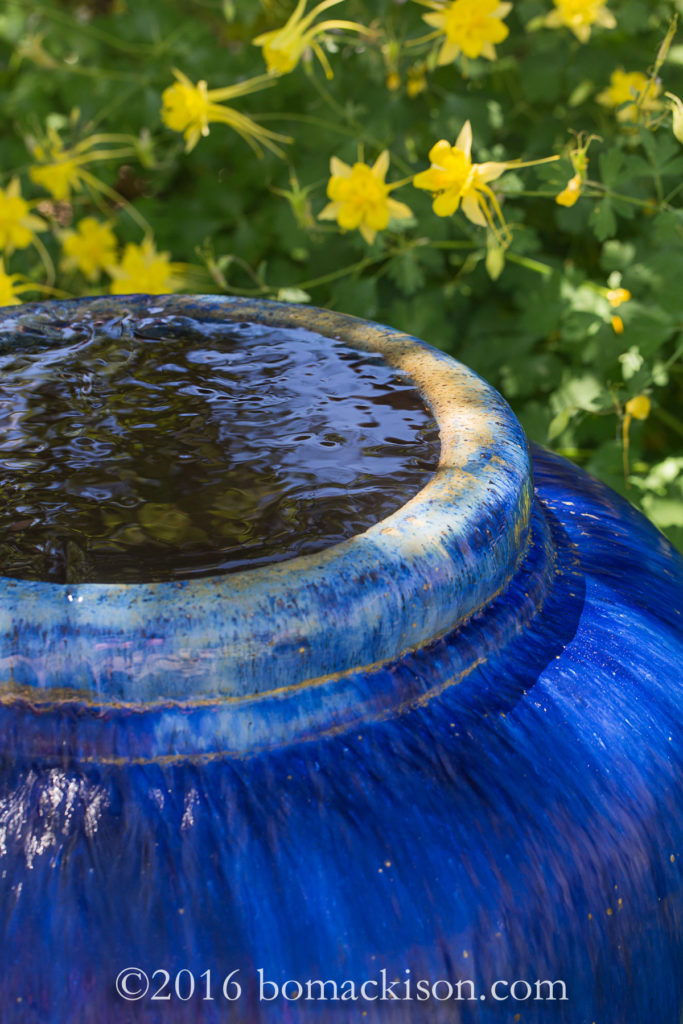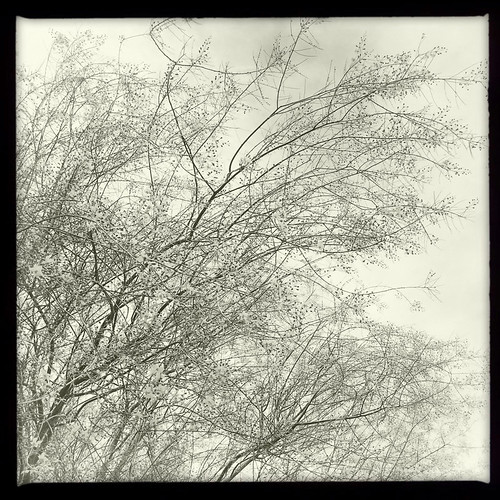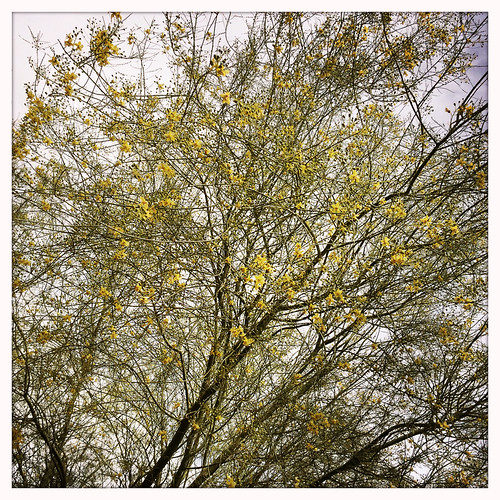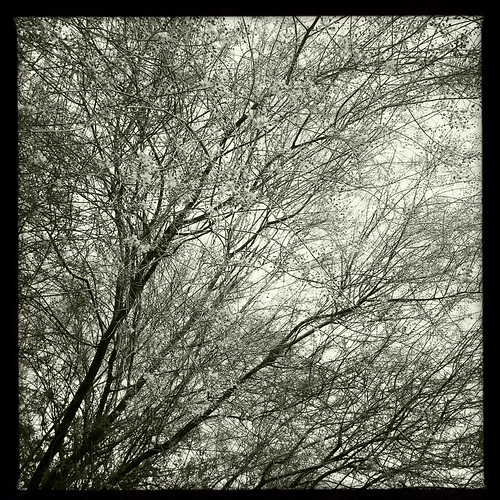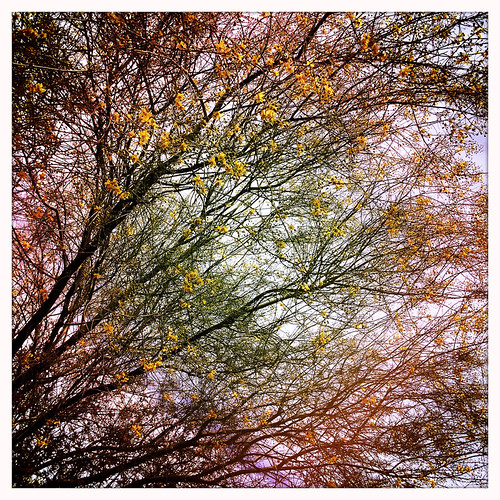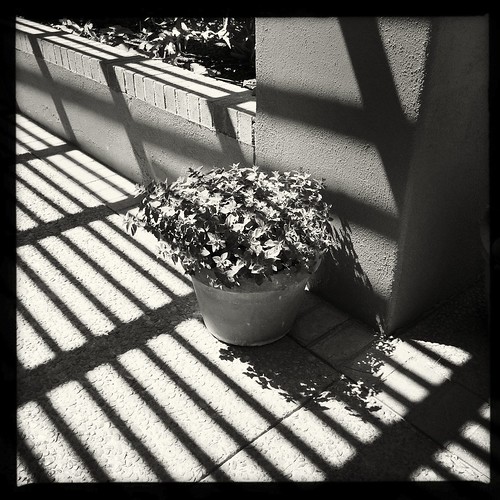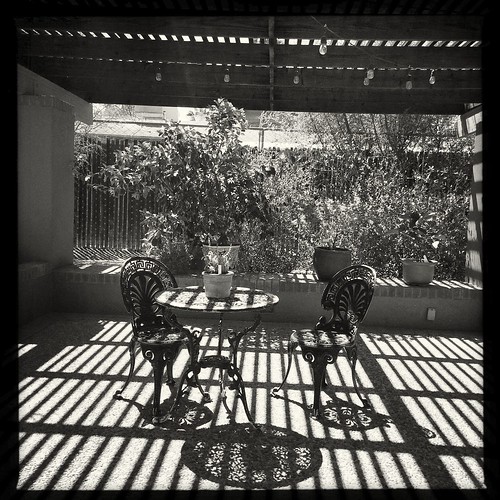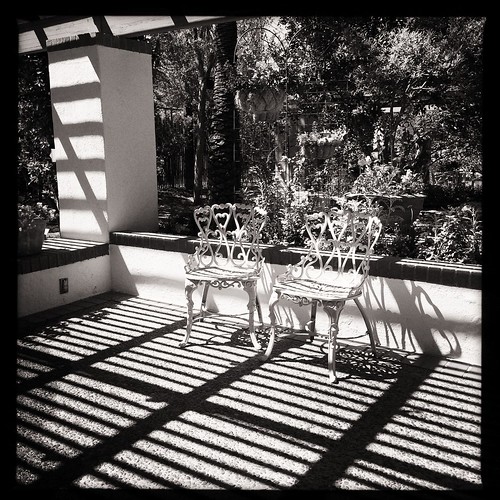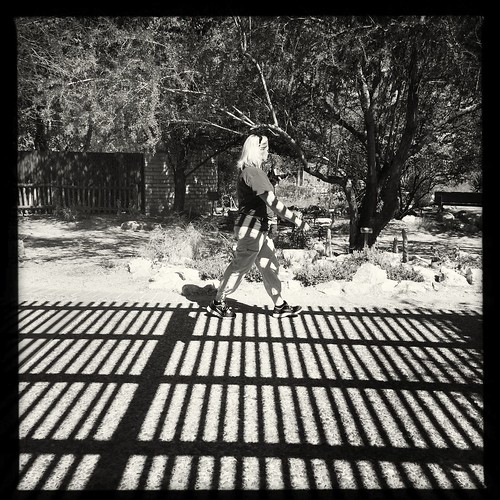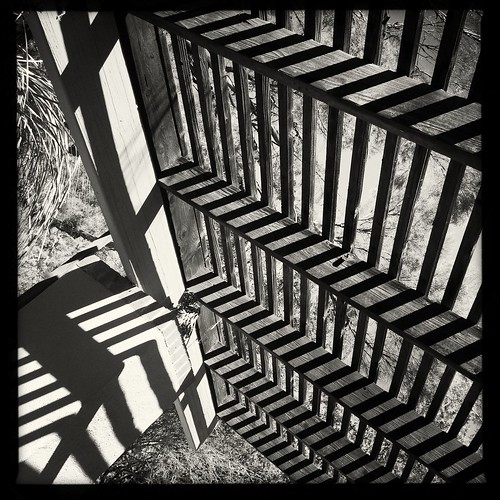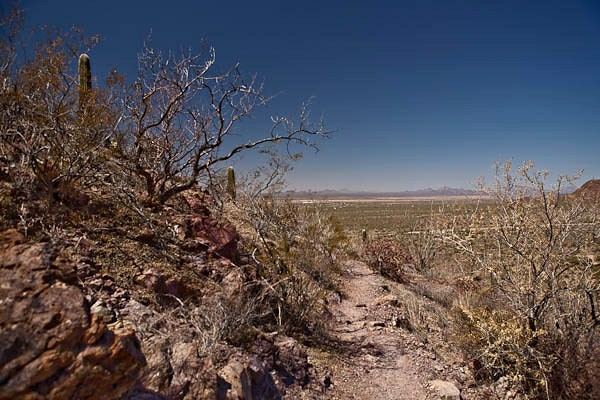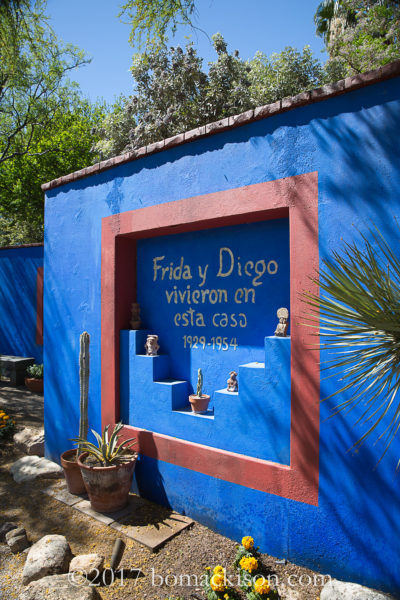
Frida y Diego © 2017 Bo Mackison
The exhibit FRIDA KAHLO: Art, Garden, Life was created by the New York Botanical Gardens (NYBG) to highlight Frida Kahlo, renowned Mexican painter, and her deep connection and appreciation of the beauty of the natural world. The exhibit was designed by award-winning scenic designer Scott Pask and curated by Adriana Zavala, Associate Professor of modern and contemporary Latin America art history and Director of Latino Studies at Tufts University.
Tucson Botanical Gardens (the Gardens) was the only garden selected to receive this exhibit by NYBG. This setting showcased the exhibit in a landscape familiar to the original home and garden.
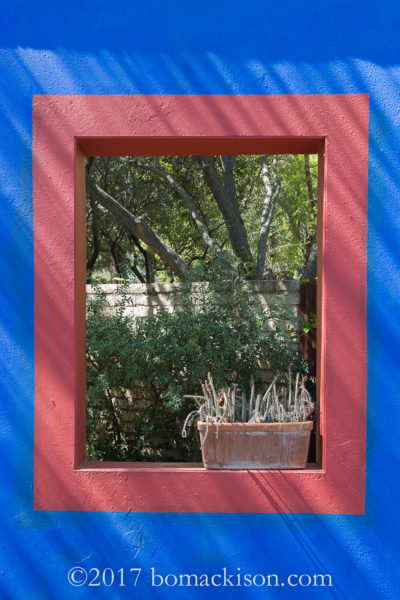
Window View from Casa Azul © 2017 Bo Mackison
The gardens are alive with the colors and textures representative of the original gardens in Casa Azul (Blue House). Archival photos from the 1940s show their garden as a showplace and gathering place.
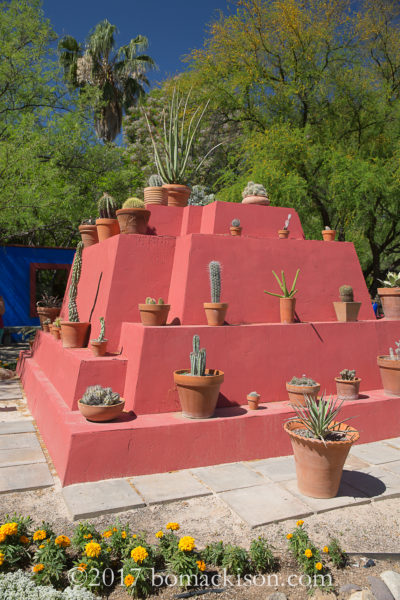
Casa Azul’s Pyramid © 2017 Bo Mackison
In 1941, Frida Kahlo and her husband and noted muralist, Diego Riviera, designed and constructed a small pyramid in the garden of Casa Azul, their home in a suburb of Mexico City. They based their design on Mesoamerican models. Various native cacti are on display in Tucson; pre-Hispanic artifacts were displayed on the original.
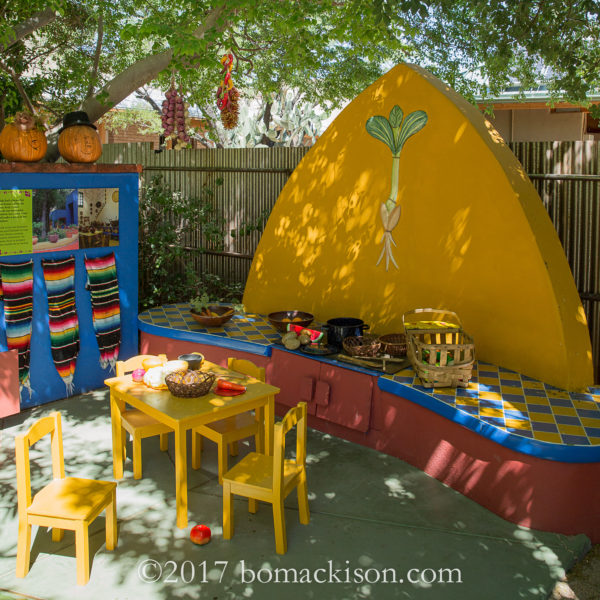
Frida Kitchen II ©2017 Bo Mackison
Frida was an excellent cook and spent many hours each day shopping for fresh foods at the mercado, then preparing dishes for family and friends. A small replica of her kitchen is located in the children’s garden of TBG.
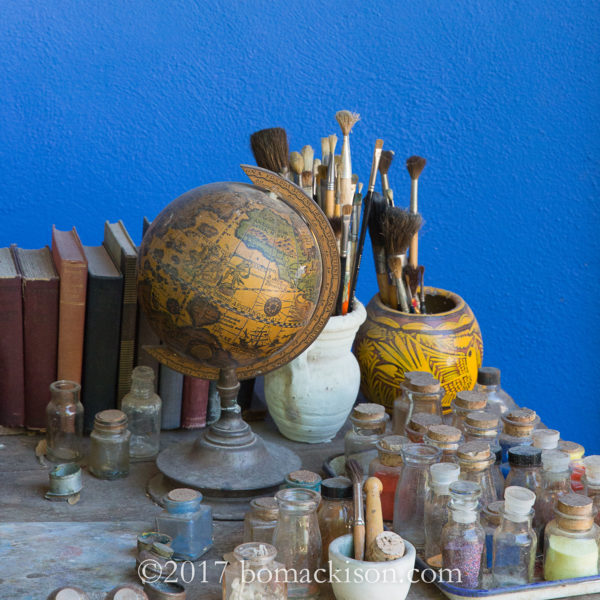
Frida’s Art Studio ©2017 Bo Mackison
A unique view of a replica of the studio environment of Frida Kahlo. Shelves are crammed with small sculptures and books on botany, poetry, pre-Hispanic cultures. Stoppered bottles of mineral colors are ready for use.
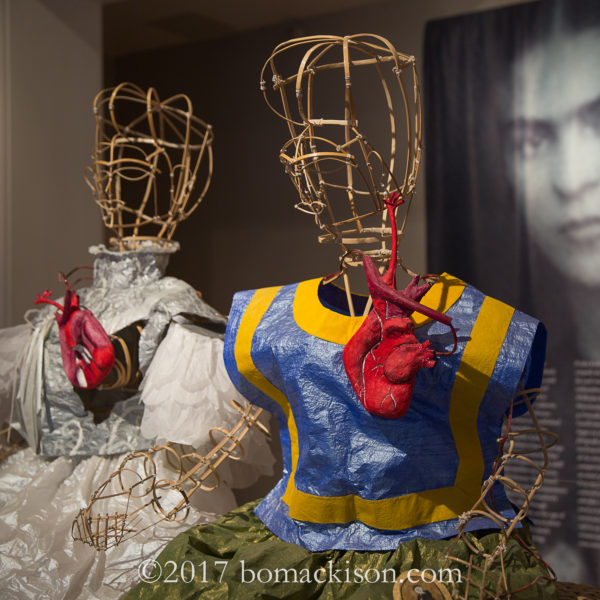
The Two Fridas © 2017 Bo Mackison
Contemporary artist Humberto Spindola, artist-in-residence at NYBG during the Frida exhibit, designed and created this sculpture made of paper dresses and bamboo-framed mannequins. The sculptures are made from tissue paper, a modern adaptation of the Aztec-inspired amate paper made from tree bark. The skeleton is molded bamboo fastened with hemp cord and wax.
His sculpture is an interpretation of Kahlo’s painting The Two Fridas, a painting where Kahlo illustrated her dual heritages. One Frida wears a white, European styled dress; the second Frida wears the dress of the traditional Zapotec women. Note the healthy and vibrant heart vs. the unhealthy, weakened heart. Kahlo did this painting in 1939, the year she divorced Diego.
The exhibit is at Tucson Botanical Gardens runs through May 31, 2017. It is open daily from 8:30 a.m. to 4:30 p.m. Check current information at https://www.tucsonbotanical.org
